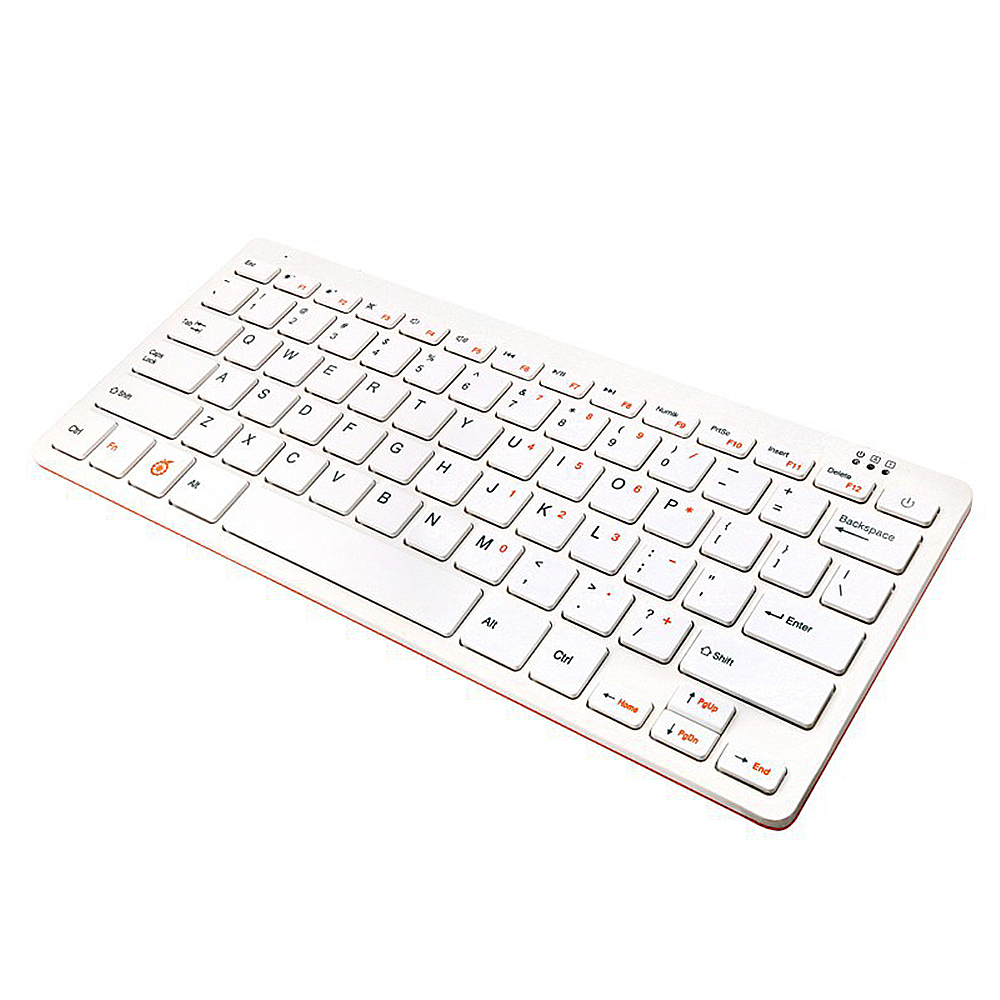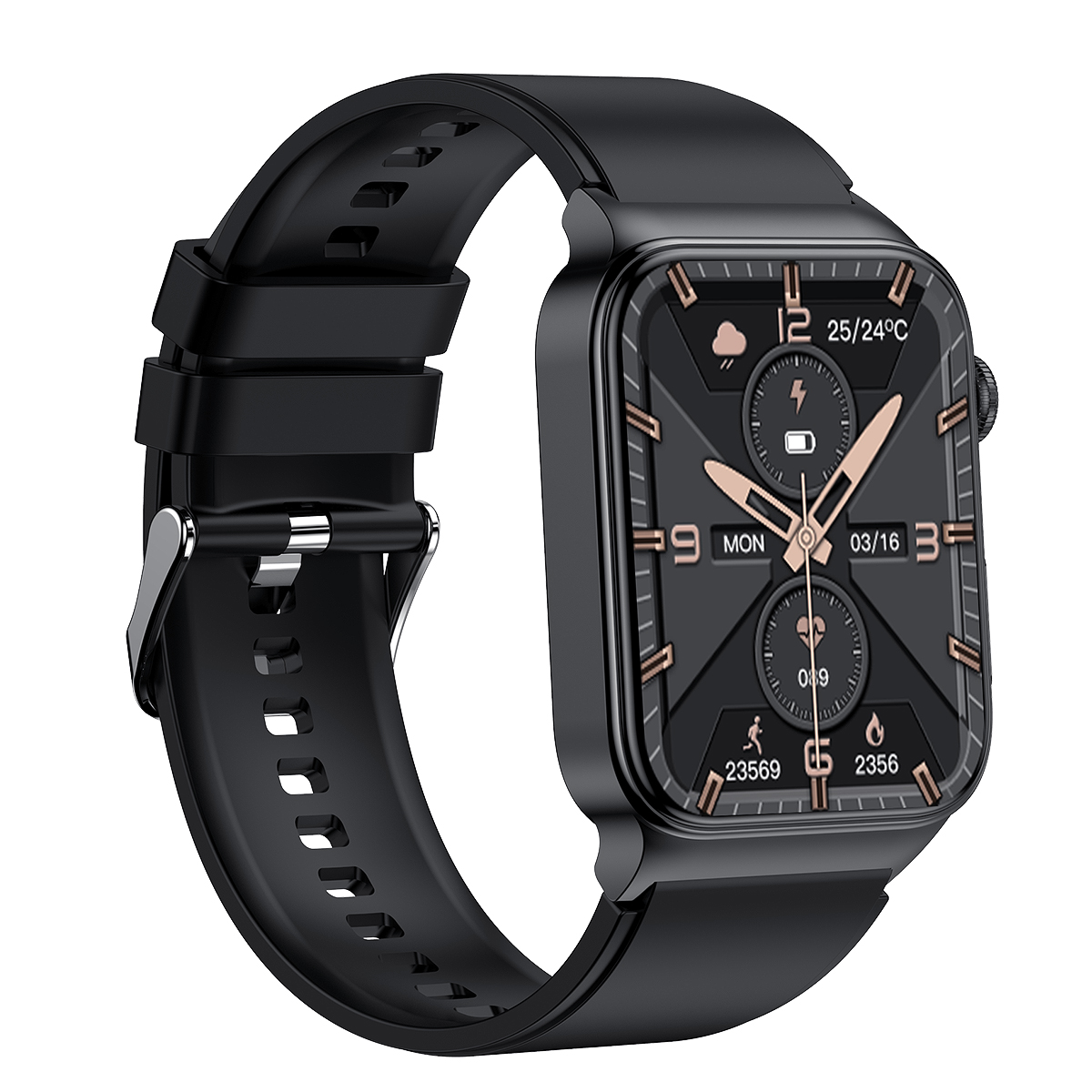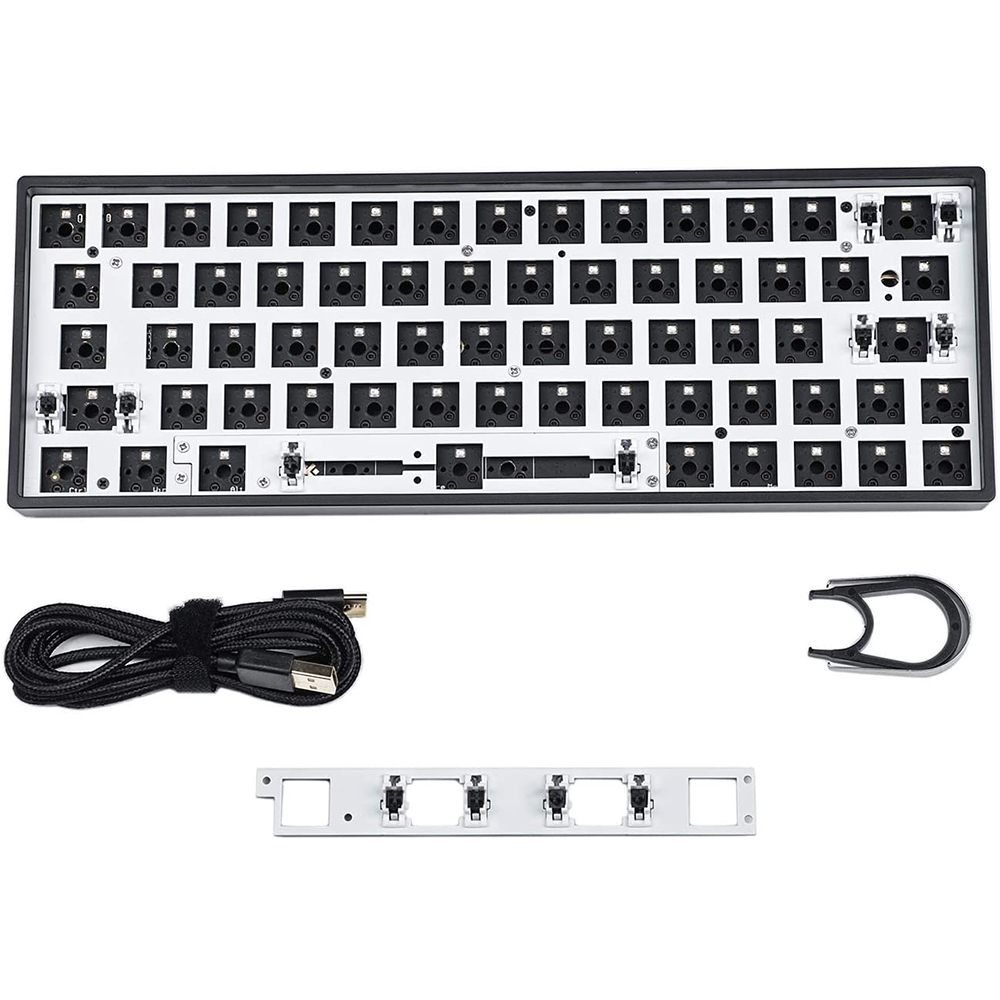Go Part 9: Pointers in Go
Please Subscribe Youtube| Like Facebook | Follow Twitter
Pointers in Go
In this article, we will provide a detailed overview of Pointers in Go and provide examples of how they are used in Go programming.
Pointers are a fundamental concept in Go programming that allow you to work with the memory addresses of variables. Understanding pointers is crucial for writing efficient and flexible code in Go. This article provides a comprehensive guide to pointers in Go, explaining their concepts, usage, and benefits. Alongside detailed explanations, we’ll provide example code and outputs to illustrate their practical application. Let’s dive in!
Understanding Pointers
In Go, a pointer is a variable that stores the memory address of another variable. By using pointers, you can directly manipulate the value of the variable it points to. Pointers provide a way to share and modify data efficiently.
Declaring and Initializing Pointers
To declare a pointer variable, you use the asterisk (*) symbol followed by the type of the variable it points to. Here’s an example that declares a pointer to an integer:
var ptr *int
In the above code, we declare a pointer ptr that points to an integer. However, at this point, the pointer is uninitialized, and it doesn’t point to any specific memory address.
To initialize a pointer with the address of a variable, you use the address-of operator (&). Here’s an example:
num := 42
ptr := &num
In the above code, we declare an integer variable num and initialize it with the value 42. Then, we declare a pointer ptr and assign it the memory address of num using the address-of operator.
Dereferencing Pointers
To access the value stored at a memory address pointed to by a pointer, you use the dereference operator (*). Here’s an example:
num := 42
ptr := &num
fmt.Println(*ptr)
In the above code, we dereference the pointer ptr using *ptr to obtain the value stored at the memory address it points to. When we print *ptr, it will output the value 42.
Modifying Pointed Values
Pointers allow you to modify the value of the variable they point to. You can assign a new value directly through the pointer. Here’s an example:
num := 42
ptr := &num
*ptr = 99
fmt.Println(num)
In the above code, we modify the value of num by assigning 99 through the pointer ptr. When we print num, it will output 99, reflecting the modified value.
Passing Pointers to Functions
Pointers are commonly used to pass variables by reference to functions, allowing the function to modify the original variable. Here’s an example:
package main
import "fmt"
func modifyValue(ptr *int) {
*ptr = 99
}
func main() {
num := 42
modifyValue(&num)
fmt.Println(num)
}
Output
99
In the above code, we define a function modifyValue that takes a pointer to an integer as a parameter. Inside the function, we dereference the pointer and assign a new value to modify the original variable. By passing the address of num to modifyValue, we can update num in the main function.
Example
package main
import "fmt"
func modifyValue(ptr *int) {
*ptr = 99
}
func main() {
num := 42
ptr := &num
fmt.Println("Value of num:", num)
fmt.Println("Address of num:", ptr)
fmt.Println("Value pointed by ptr:", *ptr)
*ptr = 100
fmt.Println("Updated value of num:", num)
modifyValue(ptr)
fmt.Println("Value after modification:", num)
}
Output
Value of num: 42 Address of num: 0xc000022050 Value pointed by ptr: 42 Updated value of num: 100 Value after modification: 99
In this example, we declare a function modifyValue that takes a pointer to an integer as a parameter. Inside the function, we dereference the pointer using *ptr and assign a new value to modify the original variable.
In the main function, we declare an integer variable num and initialize it with the value 42. Then, we declare a pointer ptr and assign it the memory address of num using the address-of operator &. We print the initial values and addresses of num and ptr.
Next, we modify the value of num by assigning 100 through the pointer ptr, demonstrating how to modify the value pointed to by the pointer.
Finally, we call the modifyValue function and pass the pointer ptr as an argument. Inside the function, we modify the value using the pointer, and the change is reflected in the main function when we print the updated value of num.
Conclusion
Pointers are a powerful tool in Go that allows you to work with memory addresses and efficiently modify data. They enable sharing and manipulating data across different scopes, improving performance and memory usage. By understanding the concepts and usage of pointers, you can write more efficient and flexible code in Go.
Remember to use pointers responsibly, as incorrect usage can lead to memory-related issues such as segmentation faults and memory leaks. With proper understanding and careful
Go Beginner Tutorial Series
- Go Part 1: Setup and Introduction
- GO PART 2: UNDERSTANDING BASIC DATA TYPES AND VARIABLES IN GO
- Go PART 3: OPERATORS AND EXPRESSIONS IN Go
- GO PART 4: CONTROL FLOW STATEMENTS IN GO
- Go PART 5: Functions In Go
- GO PART 6: ARRAYS AND SLICES IN GO
- Go Part 7: String Manipulation In Go
- Go Part 8: Struct Type in Go
- Go Part 9: Pointers in Go
- Go Part 10: Error Handling in Go
 Mens Winter Single Breasted Big Pockets Mid Long Casual Coats
Mens Winter Single Breasted Big Pockets Mid Long Casual Coats
 Mens Contrast Patchwork Flap Pocket Decoration Short Sleeve T-Shirts
Mens Contrast Patchwork Flap Pocket Decoration Short Sleeve T-Shirts
 Orange Pi 800 Development Board 4GB RAM 64GB
Orange Pi 800 Development Board 4GB RAM 64GB
 Mens Casual Corduroy Hooded Button Pocket Comfy Shirts
Mens Casual Corduroy Hooded Button Pocket Comfy Shirts
 E500 1.83 inch HD Screen ECG Monitor Heart Rate Blood Pressure
E500 1.83 inch HD Screen ECG Monitor Heart Rate Blood Pressure
 35L Outdoor Backpack Men Women Waterproof Travel Trekking Backpack
35L Outdoor Backpack Men Women Waterproof Travel Trekking Backpack
 Home Steam Sauna Box Steam Room Fumigation Machine Steam Sauna Bath Sauna Heater
Home Steam Sauna Box Steam Room Fumigation Machine Steam Sauna Bath Sauna Heater
 GPD WIN Max 2 LPDDR5 32GB RAM 2TB SSD AMD R7 6800U Windows 11 Gaming Notebook 10.1 Inch Laptop Portable Game Computer Handheld Game Console US Plug
GPD WIN Max 2 LPDDR5 32GB RAM 2TB SSD AMD R7 6800U Windows 11 Gaming Notebook 10.1 Inch Laptop Portable Game Computer Handheld Game Console US Plug
 SKYLOONG GK64X GK64XS Keyboard Kit RGB Hot Swappable 60% Programmable bluetooth Wired Case Customized Kit PCB Mounting Plate Case with Replacable Space Key
SKYLOONG GK64X GK64XS Keyboard Kit RGB Hot Swappable 60% Programmable bluetooth Wired Case Customized Kit PCB Mounting Plate Case with Replacable Space Key